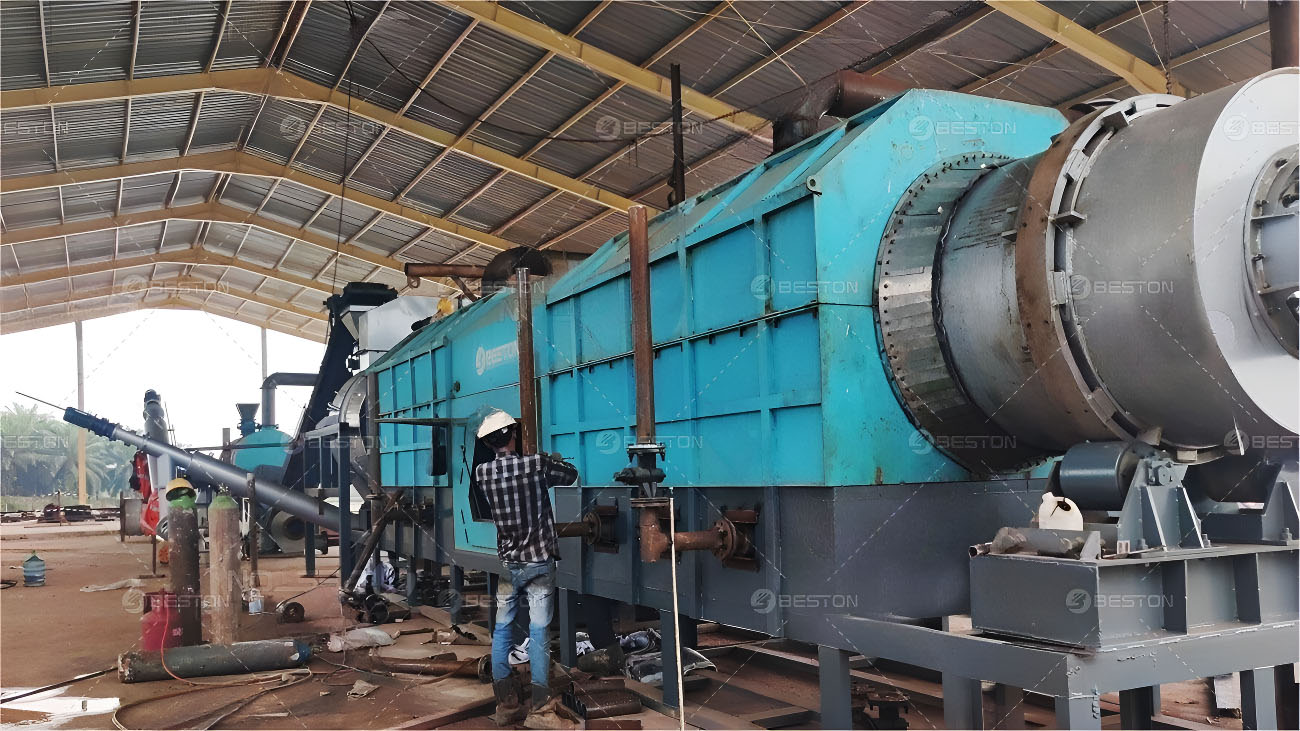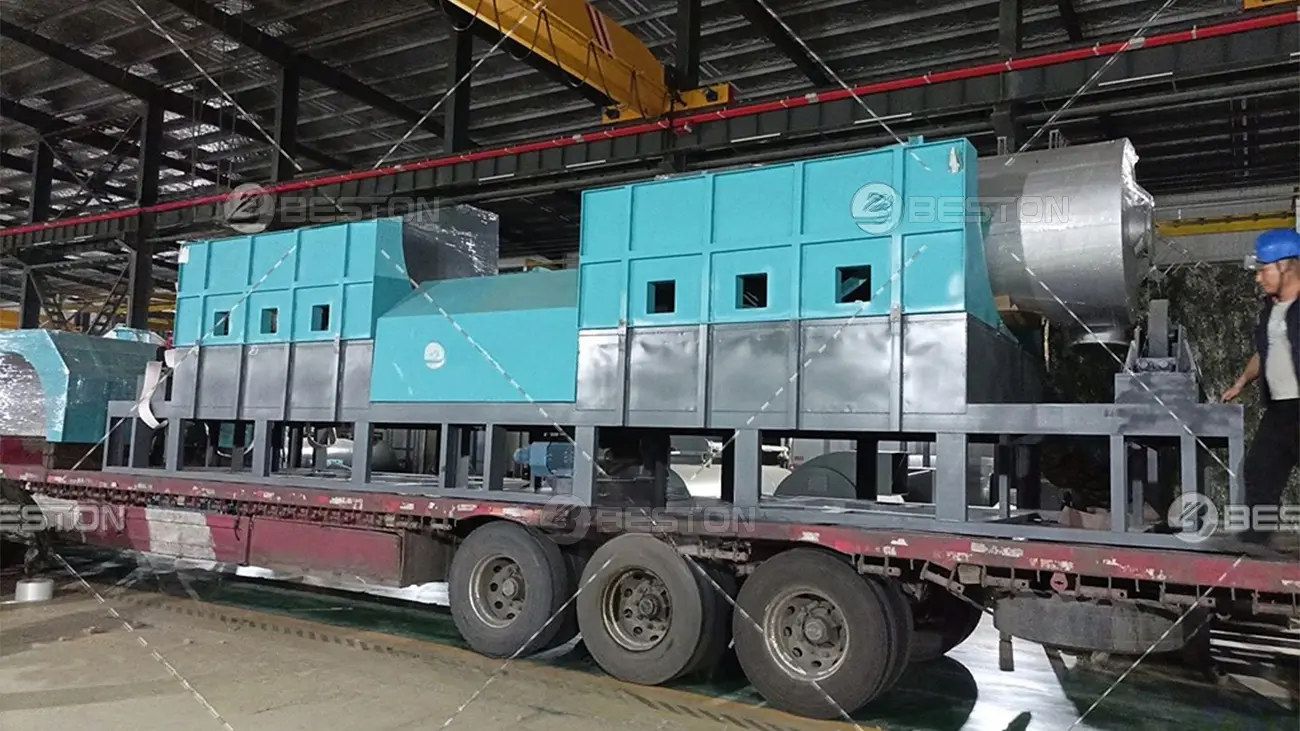The price of a coconut shell charcoal machine can vary significantly based on a range of factors. Understanding these determinants is crucial for making an informed investment decision and ensuring that the selected machine aligns with both operational needs and budget constraints. This article examines the primary factors influencing the cost of a coconut shell charcoal machine, providing insights into how each element impacts pricing.

1. Machine Capacity and Output
Production Capacity
The capacity of a coconut shell charcoal making machine for sale directly influences its cost. Machines designed for higher production volumes typically feature more robust components and advanced technology to handle large quantities of raw material. Consequently, these machines often come with a higher price tag. Investing in a high-capacity machine might be advantageous for large-scale operations, but it also requires a substantial upfront investment.
Output Quality
Machines that produce high-quality charcoal with consistent specifications may be priced higher due to the inclusion of advanced control systems and precise processing technology. Quality is a critical factor, as the end product’s performance and market value depend on the efficiency and accuracy of the machine. Higher investment in machines that ensure superior output can lead to better long-term returns.
2. Technology and Features
Automation Level
The level of automation incorporated into the coconut shell charcoal machine significantly affects charcoal making machine price. Fully automatic machines, which minimize the need for manual intervention, typically command a higher price compared to semi-automatic or manual models. Automation enhances operational efficiency, reduces labor costs, and improves production consistency, justifying the higher cost for many businesses.
Technological Advancements
Machines equipped with the latest technological advancements, such as enhanced control systems, real-time monitoring, and improved safety features, tend to be more expensive. These technologies contribute to higher efficiency, reduced operational risks, and better performance, which can be beneficial in optimizing production processes and ensuring product quality.
3. Material and Build Quality
Construction Materials
The quality of materials used in the construction of the coconut shell charcoal machine influences its durability and cost. Machines constructed from high-grade materials, such as stainless steel or specialized alloys, offer better resistance to wear, corrosion, and high temperatures. These durable materials extend the machine’s lifespan but can also lead to higher costs.
Build Design
The design and engineering of the machine affect its price. Advanced designs that incorporate features for enhanced efficiency, ease of maintenance, and better performance often come at a premium. Investing in well-engineered machines with thoughtful design elements can result in lower operational costs and fewer maintenance issues in the long run.
4. Supplier and Brand Reputation
Manufacturer Experience
The reputation and experience of the manufacturer play a significant role in determining the coconut shell charcoal making machine price. Established manufacturers with a track record of producing reliable and high-quality machines often command higher prices. Their expertise and commitment to quality contribute to the higher cost, but they also provide assurance of better performance and support.
Brand Value
Brand value can influence the pricing of a machine. Well-known brands with a reputation for innovation, quality, and customer service may price their products higher. However, this premium often reflects the added value in terms of performance, reliability, and after-sales support.
5. Customization and Special Features
Customization Options
Customizing a coconut shell charcoal machine to meet specific production needs or operational requirements can increase its price. Custom features, such as specialized feed systems, tailored processing parameters, or additional safety mechanisms, contribute to the overall cost. Customization ensures that the machine aligns perfectly with unique business needs but adds to the initial investment.
Additional Features
Machines with extra features, such as advanced emissions control systems, energy recovery options, or enhanced automation, tend to be more expensive. While these features can improve efficiency, sustainability, and overall performance, they also contribute to the higher cost of the machine. If you want to find a reliable machine supplier, please contact Beston company.

6. Market Demand and Economic Factors
Supply and Demand
Market demand and supply conditions can influence the price of a coconut shell charcoal machine. High demand coupled with limited supply may drive up prices. Conversely, a surplus of machines or reduced demand might lead to lower prices. Staying informed about market trends can help businesses make strategic purchasing decisions.
Economic Conditions
Economic factors, such as fluctuations in currency exchange rates, raw material costs, and overall economic stability, can impact machine pricing. Changes in these economic conditions can affect production costs and, consequently, the price of the machine. Monitoring economic trends can provide insights into potential cost variations and help in budget planning.
Conclusion
Several factors affect the price of a coconut shell charcoal machine, including machine capacity, technology, material quality, and brand reputation. Understanding these determinants is essential for selecting the right machine that balances cost with performance and operational efficiency. By considering these aspects, businesses can make informed decisions that align with their production needs and financial constraints, ensuring a sound investment in their charcoal production operations.